★★½
“Immodesty Blaise.”
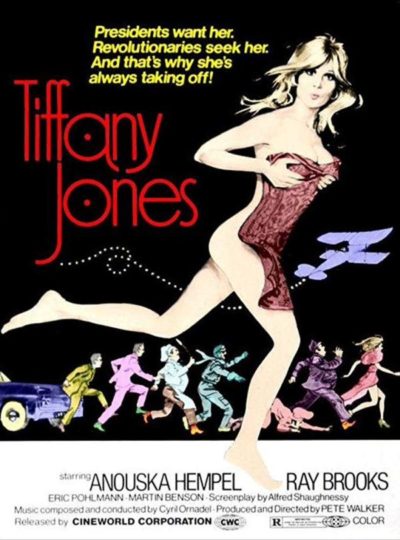 Fashion model Tiffany Jones (Hempel) finds herself dropped into the middle of international intrigue, after President Boris Jabal (Pohlmann), leader of the Eastern European state of Zirdana, takes a shine to her during a state visit to Britain. It’s supposed to be a trade negotiation, but is really to allow Jabal to broken an arms deal with some shady Americans. Her meeting the President brings her to the attention of two factions of Zirdanian rebels.
Fashion model Tiffany Jones (Hempel) finds herself dropped into the middle of international intrigue, after President Boris Jabal (Pohlmann), leader of the Eastern European state of Zirdana, takes a shine to her during a state visit to Britain. It’s supposed to be a trade negotiation, but is really to allow Jabal to broken an arms deal with some shady Americans. Her meeting the President brings her to the attention of two factions of Zirdanian rebels.
The nice is led by Prince Salvator (Thomas), the ruler in exile. The not-so-nice are a more aggressive faction, operating out of a restaurant kitchen. Both wonder what Tiffany is doing with Jabal, and are keen to use her to achieve their ends. Which is fine by her, since she has no love for the authoritarian regime which controls Zirdana. So Tiffany agrees to a plan where Jabal will be distracted, preventing from seeing the arms dealers, and a substitute will take the meeting in his place.
Walker is better know for his S&M horror films, with titles such as House of Whipcord, and it’s safe to say saucy comedy like this is not his strong suit. There’s no shortage of sauce, to be sure. It’s reported that Hempel (now known as Lady Weinberg, through marriage) bought up the rights to the film, as well as her work with Russ Meyer, Black Snake, for showing rather too much of her. And that’s before we get to the garden party she throws for Jabal, populated by a flock of 1970’s dolly-birds, who shed their clothes enthusiastically at the drop of a cocktail napkin. The whole thing – a plot to get sexually compromising material on a visiting foreign leader – does still have contemporary resonance…
It’s the comedy angles which are a horrible failure, with virtually every attempted joke falling flatter than Hempel’s chest [quite how she ended up in a Meyer film escapes me, given his fondness for the more-endowed end of the feminine spectrum. Then again, he said later of Hempel, “We had a stand-in for the tits and wouldn’t let her speak.”] It’s not just the passage of time, for the Carry On films of the same era have endured very well: I suspect this was simply not very funny to begin with, and appears to have tanked at the box-office. Like Modesty Blaise, it was based on a British newspaper comic-strip, which ran from 1964-77. Unusually for the era, it was created by two women, Pat Tourret and Jenny Butterworth, though I suspect the newspaper version was likely less salacious.
The main redeeming aspect here is Hempel, who has a lovely, breezy charm which manages to sail above the leaden material, almost redeeming it. She portrays Jones with an endearing mix of savviness and innocence, as she dodges the (literal) grasp of President Jabal, and the more fanatical of his opponents, while working to help the Prince regain his throne. Probably wisely, the morality of replacing an absolute, unelected leader with another absolute unelected leader, simply because the latter is younger and cuter, is never addressed. Hempel is not quite enough to rescue this, and it’s perfectly understandable why this vanished into obscurity, with or without the lead actress’s help.
Dir: Pete Walker
Star: Anouska Hempel, Eric Pohlmann, Damien Thomas, Susan Sheers





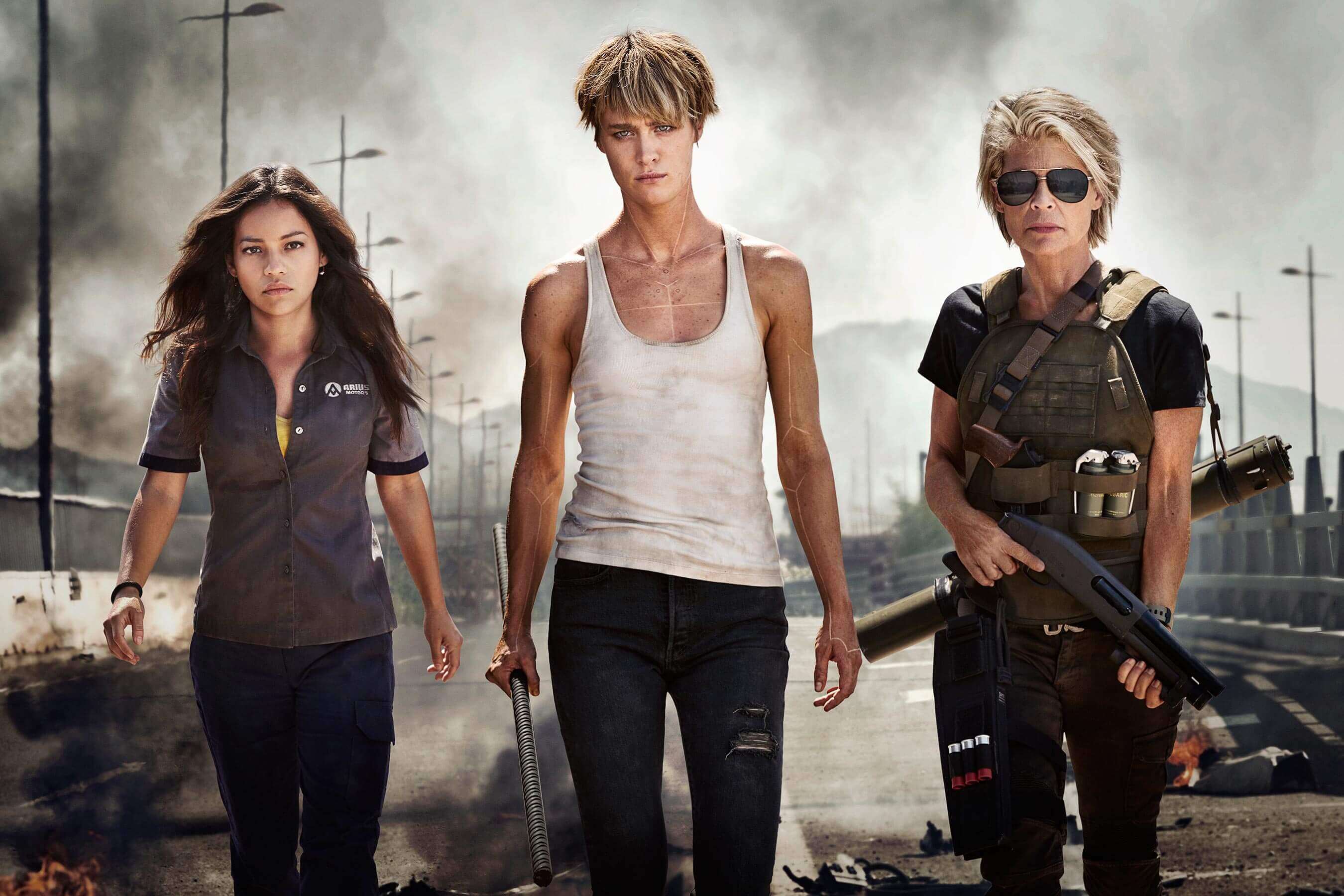 ★★½
★★½
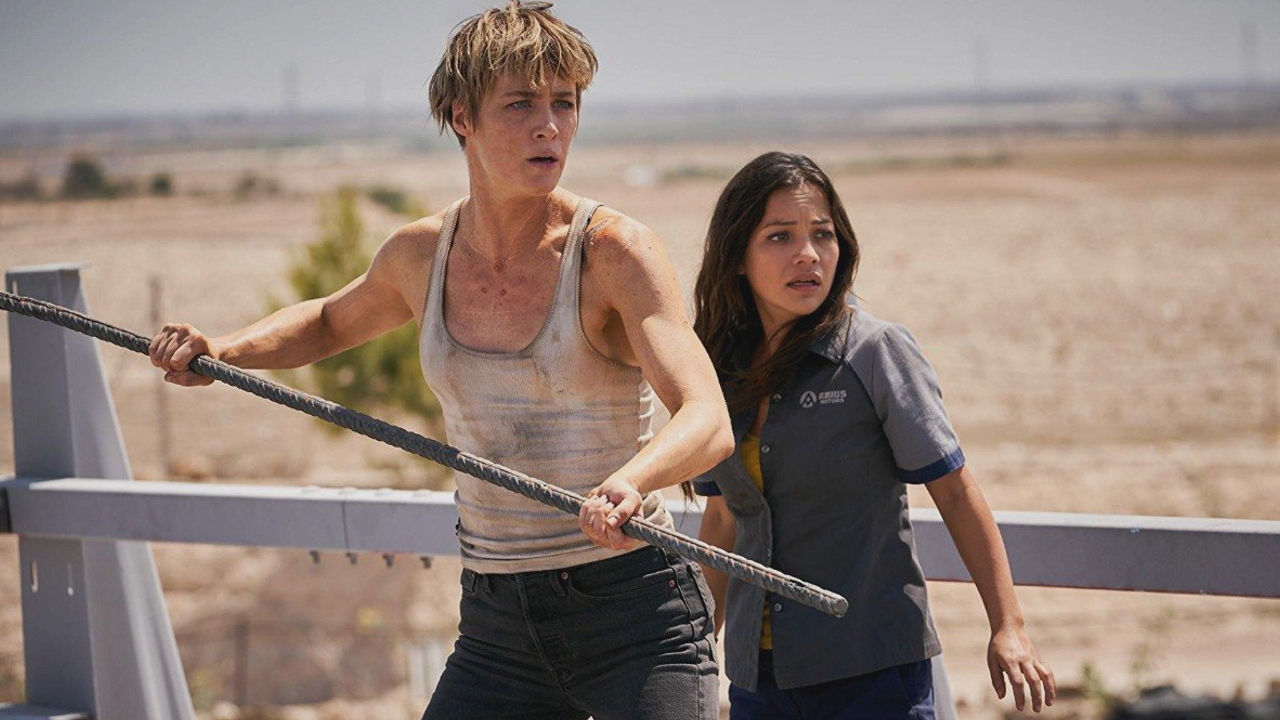
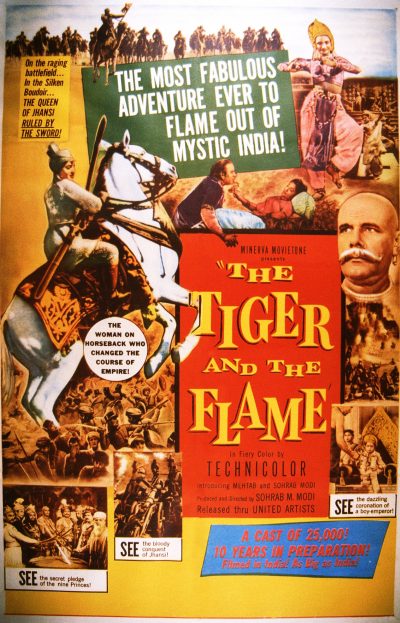
 This wasn’t quite what we expected. In fact, replace “quite” with “at all”. It starts off as looking like some kind of revenge porn, with pathologist Margaret Powers (Tyson) kidnapping Finnbar (Ward), the man she’s certain murdered her son. Finnbar was apparently able to get away with it, because he was the son of a notorious local criminal, Tommy O’Neil (Hayman). She wants Finnbar to confess to his crime, and recruits her son’s ex-girlfriend, Zoe (Jarvis) to help in getting her vengeance. Initially, the capture goes well, with the two women then holing up in an abandoned warehouse by the docks, to begin the interrogation. However, this is where the film starts to diverge from the expected, as it turns out Zoe’s intentions are not in line with Margaret’s, as they initially appeared.
This wasn’t quite what we expected. In fact, replace “quite” with “at all”. It starts off as looking like some kind of revenge porn, with pathologist Margaret Powers (Tyson) kidnapping Finnbar (Ward), the man she’s certain murdered her son. Finnbar was apparently able to get away with it, because he was the son of a notorious local criminal, Tommy O’Neil (Hayman). She wants Finnbar to confess to his crime, and recruits her son’s ex-girlfriend, Zoe (Jarvis) to help in getting her vengeance. Initially, the capture goes well, with the two women then holing up in an abandoned warehouse by the docks, to begin the interrogation. However, this is where the film starts to diverge from the expected, as it turns out Zoe’s intentions are not in line with Margaret’s, as they initially appeared. Cal McTeer (Best) has just got out of prison after serving a 12-year sentence for arson leading to murder, a crime she committed as a teenager. Returning to her home town of Orphelin Bay, she finds her brother, Augie (Jakubenko), now working as a conduit for drugs, with the connivance of at least some local cops, and supplied by the mysterious Adrielle Cuthbert (Pataky). She oversees a commune near town called L’Attente with a zero-tolerance policy for dissent, and uses the proceeds of her narco-aquatics to fund a worldwide search for mysterious fragments of pottery. Turns out she is queen of the Tidelanders: the offspring of humanity and legendary sirens who inhabit the ocean. Though Cal doesn’t know it initially, a near-death experience shows that she is of similar stock. Adrielle doesn’t like the competition. And neither does local gangster Gregori Stolin (Koman), who is intent on muscling in on Augie’s business, and cutting out the middleman, to work directly with Adrielle.
Cal McTeer (Best) has just got out of prison after serving a 12-year sentence for arson leading to murder, a crime she committed as a teenager. Returning to her home town of Orphelin Bay, she finds her brother, Augie (Jakubenko), now working as a conduit for drugs, with the connivance of at least some local cops, and supplied by the mysterious Adrielle Cuthbert (Pataky). She oversees a commune near town called L’Attente with a zero-tolerance policy for dissent, and uses the proceeds of her narco-aquatics to fund a worldwide search for mysterious fragments of pottery. Turns out she is queen of the Tidelanders: the offspring of humanity and legendary sirens who inhabit the ocean. Though Cal doesn’t know it initially, a near-death experience shows that she is of similar stock. Adrielle doesn’t like the competition. And neither does local gangster Gregori Stolin (Koman), who is intent on muscling in on Augie’s business, and cutting out the middleman, to work directly with Adrielle. Maggie (Dragus) just failed the police entry exam in humiliating fashion, and is now taking a course to become a security officer, despite her meek nature. She encounters Tiger (Rumpf), a street punk girl who is everything Maggie is not: brash, confident and perfectly willing to go toe-to-toe with anyone she feels deserves it. The pair strike up an unlikely friendship, with a purloined uniform allowing Tiger to join Maggie in her security work, and in turn engage her increasing fondness for mayhem and violence. Meanwhile, Tiger’s example helps bring Maggie – or ‘Vanilla’, as Tiger calls her in half-mocking endearment – out of her shell. Though Tiger’s drug-dealing friends are less than impressed to find her palling around with a wannabe cop. And as Maggie begins to adopt a more… physical approach to confrontation, it becomes clear that Tiger’s restraint is something Maggie does not possess.
Maggie (Dragus) just failed the police entry exam in humiliating fashion, and is now taking a course to become a security officer, despite her meek nature. She encounters Tiger (Rumpf), a street punk girl who is everything Maggie is not: brash, confident and perfectly willing to go toe-to-toe with anyone she feels deserves it. The pair strike up an unlikely friendship, with a purloined uniform allowing Tiger to join Maggie in her security work, and in turn engage her increasing fondness for mayhem and violence. Meanwhile, Tiger’s example helps bring Maggie – or ‘Vanilla’, as Tiger calls her in half-mocking endearment – out of her shell. Though Tiger’s drug-dealing friends are less than impressed to find her palling around with a wannabe cop. And as Maggie begins to adopt a more… physical approach to confrontation, it becomes clear that Tiger’s restraint is something Maggie does not possess.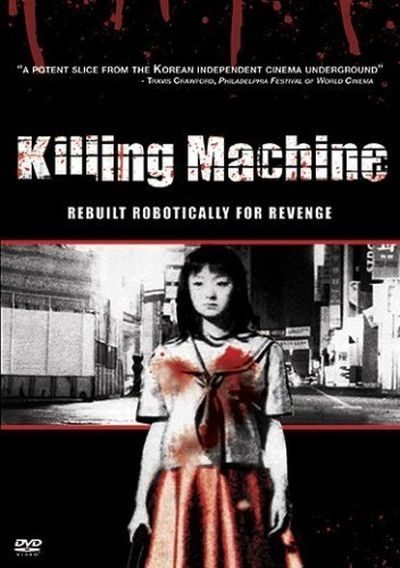 You’ll understand why, when skimming leisurely through a streaming channel on the Roku, I screeched to a halt at this title. Even though the “official” English title is just Killing Machine, I knew I immediately had to watch it. Yet, while the title
You’ll understand why, when skimming leisurely through a streaming channel on the Roku, I screeched to a halt at this title. Even though the “official” English title is just Killing Machine, I knew I immediately had to watch it. Yet, while the title 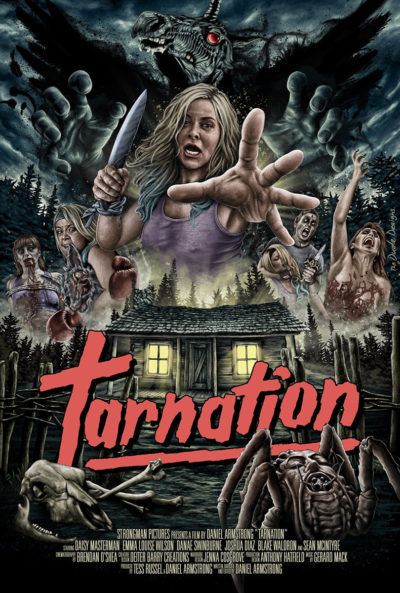 Following on after
Following on after  Crown International were an independent movie studio, who operated from the sixties through the eighties: we’ve covered some of their work before, such as
Crown International were an independent movie studio, who operated from the sixties through the eighties: we’ve covered some of their work before, such as  After their parents are killed by Ji-Gyeum Yoon (Kim Y-i), who wants to take over their father Sung’s position, sisters Su-Yung and An-Yung are split up and sent off for their safely, each owning half of a jade pendant. Fifteen years later, An-Yung (Shang Kwan) begins to take her vengeance on the usurper – not just physically, but also waging psychological warfare, sending him notes to ensure he knows he is being targeted, although not initially why or who. Though I’m a little surprised Yoon doesn’t figure it out immediately, given he’s still so paranoid about Sung’s daughters coming out, he freaks out when left alone with a maid, stating the position given in the tag-line above.
After their parents are killed by Ji-Gyeum Yoon (Kim Y-i), who wants to take over their father Sung’s position, sisters Su-Yung and An-Yung are split up and sent off for their safely, each owning half of a jade pendant. Fifteen years later, An-Yung (Shang Kwan) begins to take her vengeance on the usurper – not just physically, but also waging psychological warfare, sending him notes to ensure he knows he is being targeted, although not initially why or who. Though I’m a little surprised Yoon doesn’t figure it out immediately, given he’s still so paranoid about Sung’s daughters coming out, he freaks out when left alone with a maid, stating the position given in the tag-line above.